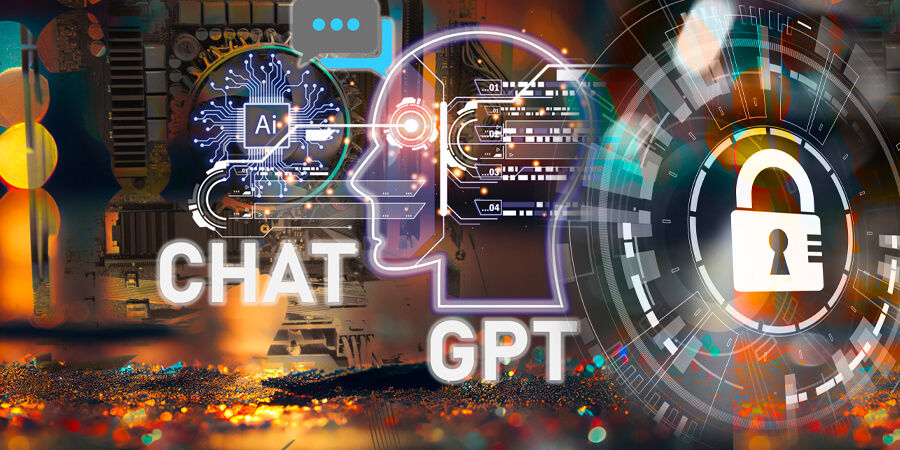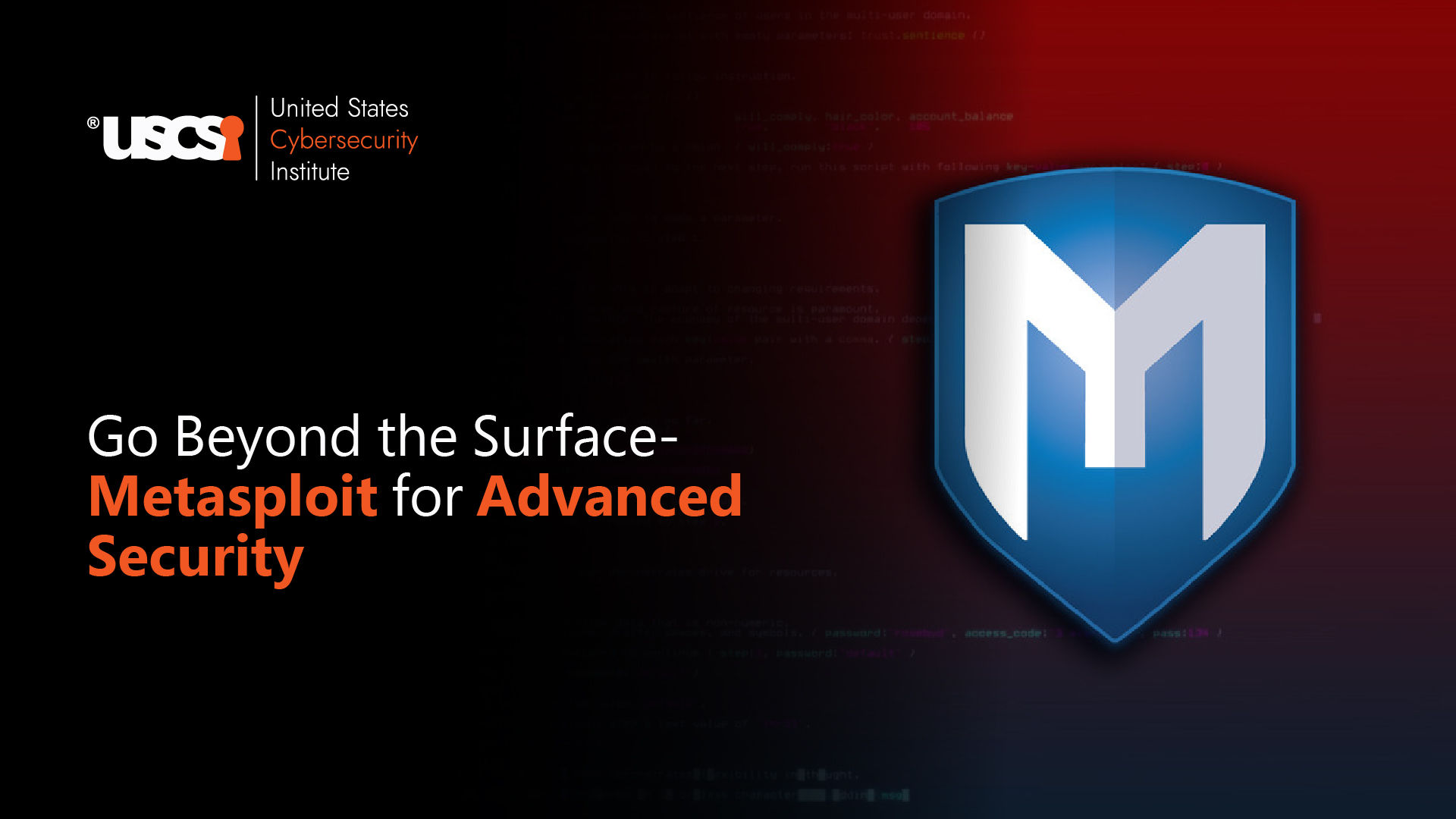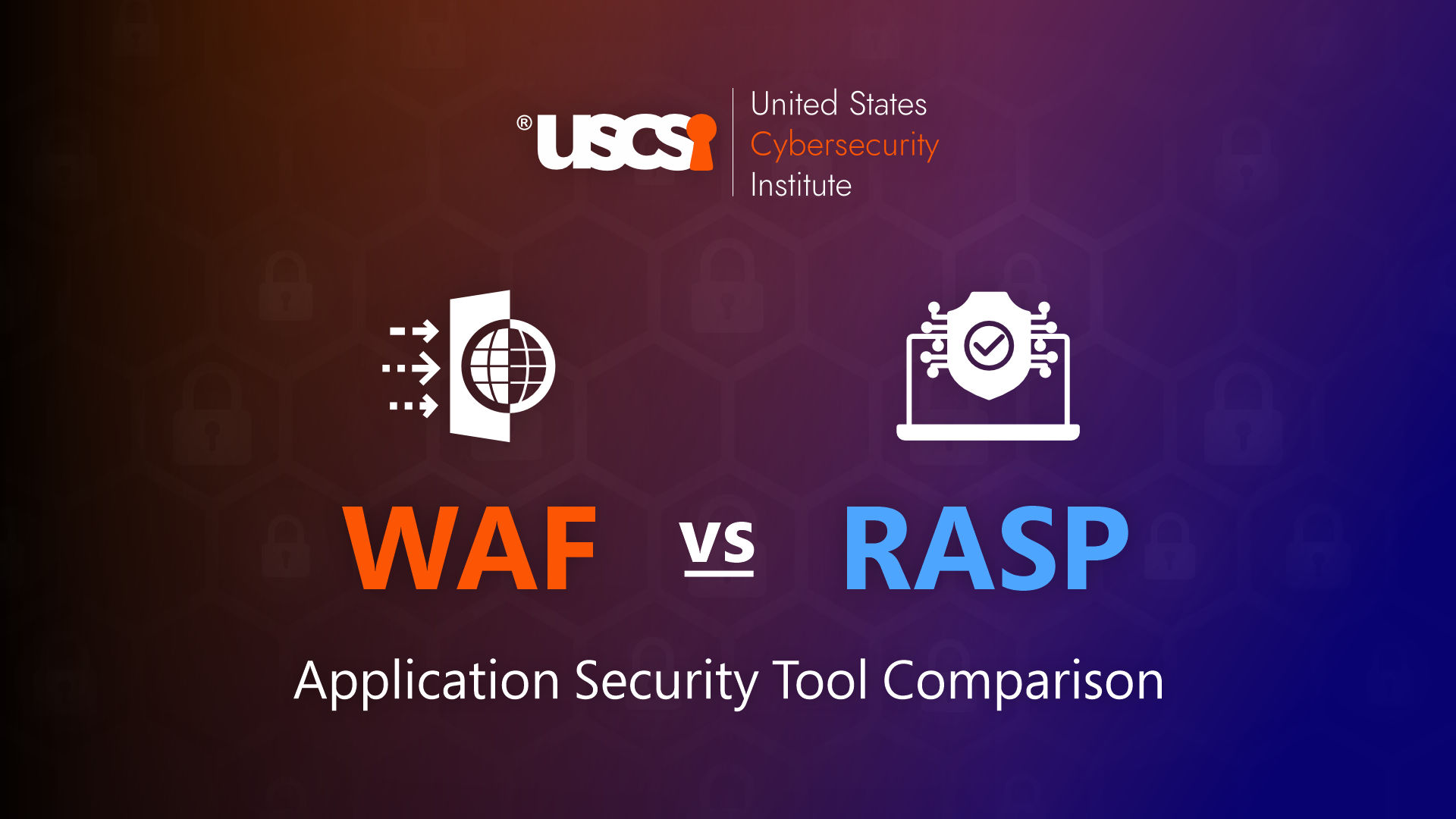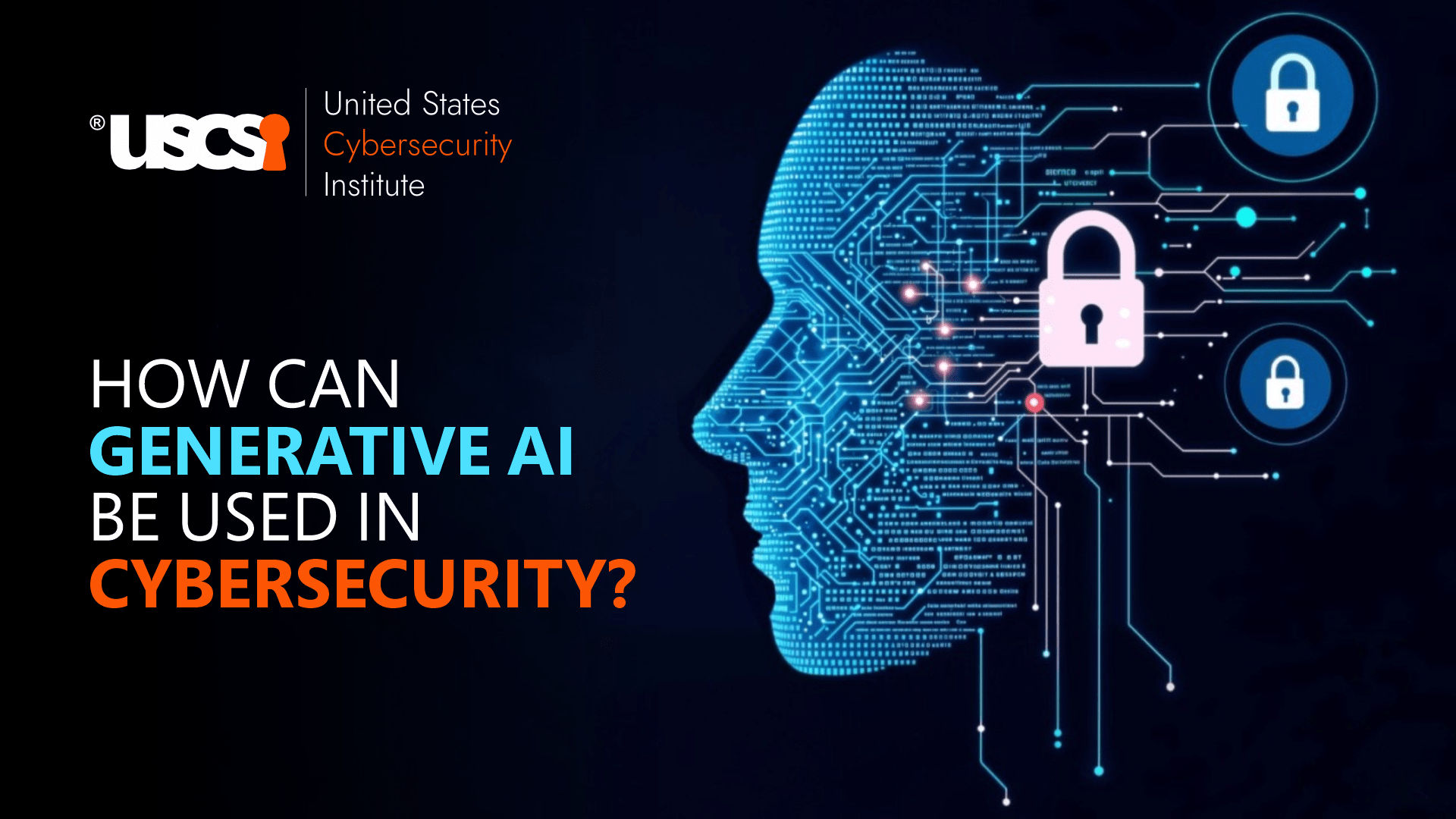

Win the Fight Against Cybersecurity Threats with Chat GPT like a Pro
With the progress made in technological advancement, the hacks and ways cybercriminals employ make it essential for cybersecurity experts to stay ahead of the curve.
ChatGPT, an AI model that has garnered significant attention and is currently open to public testing, is one such advancement that is poised to revolutionize the field. In this article, we will explore the potential of ChatGPT in the realm of cybersecurity and examine how it can enhance the efforts of security practitioners.
Rise of AI in Cybersecurity
Artificial intelligence (AI) and machine learning (ML) have been making waves across various industries, and cybersecurity is no exception. ML/AI has found its footing in cybersecurity through endpoint detection and response (EDR) applications, where behavior analytics are utilized to identify anomalous activities.
By leveraging known good behavior, AI-ML can highlight outliers; detect and terminate malicious processes; lock compromised accounts, trigger alerts, and much more. This technology has been instrumental in strengthening security postures and amplifying security efforts.
ChatGPT: A Game-Changer for Cybersecurity Professionals
One AI model that has garnered attention in the cybersecurity community is ChatGPT. Developed by OpenAI, ChatGPT has the potential to revolutionize the way cybersecurity experts approach their work. It has already shown promise in simplifying complex tasks and reducing the barriers to entry for junior analysts.
- Simplifying Advanced Queries and Prompts:
In the realm of cybersecurity, tools like Splunk, a security information and event management (SIEM) tool, are commonly used to detect fraud and security events. However, these tools often require expertise in languages, such as Search Processing Language (SPL) to perform advanced queries. ChatGPT, having already learned SPL, can transform a junior analyst's prompt into a query within seconds.
This significantly lowers the skill barrier and provides a perfect guide for rookie SOC analysts who may be unfamiliar with advanced search queries.
- Automating Mundane Tasks
The ability to automate tiresome and repetitive tasks is a major advantage offered by AI in the field of cybersecurity. A prime example is the prevalent issue of organizations grappling with a significant number of inactive Active Directory accounts that hold privileged permissions. While a fully privileged access management strategy is recommended, its implementation may not always be prioritized.
- Enhancing Purple Teaming Efforts
Purple teaming, a collaboration between red and blue teams, is essential to testing and improving an organization's security posture. ChatGPT can play a significant role in purple teaming exercises by building simple examples of scripts that penetration testers might use or debugging scripts that may not be functioning as expected.
Positives of AI in Cybersecurity
A blind eye cannot be turned to the fact that Artificial Intelligence, despite having an immense impact on the cybersecurity domain, has its own shortcomings as well. Complex human cognition and real-world experiences play a crucial role in decision-making processes, and AI cannot fully replicate these skills.
AI can provide support by analyzing data and producing output based on input facts, but it still requires human intervention to identify false positives and make final decisions.
Nonetheless, the benefits of AI in cybersecurity are undeniably noticeable.
- Automation of Daily Tasks: One of the most significant advantages of AI in cybersecurity is the automation of daily tasks. By leveraging AI models like ChatGPT, cybersecurity experts can create or improve the efficiency of scripts used by engineers and administrators. ChatGPT is used to rewrite existing scripts, reducing completion times from days to hours. This automation allows human professionals to focus on more creative and time-intensive work, ultimately enhancing overall productivity.
- Instructional Aid for Less Experienced Professionals: AI models like ChatGPT can serve as instructional aids for less experienced security professionals. It can help junior analysts and engineers in building their knowledge and skill set by simplifying complex tasks, generating alerts, and explaining the underlying logic. This democratization of knowledge empowers individuals who may not have access to extensive training resources, fostering growth within the cybersecurity community.
Addressing the Drawbacks of AI in Cybersecurity
Despite the numerous benefits AI brings to cybersecurity, concerns and drawbacks persist.
- One common fear is that automation may lead to job loss in the information technology and cybersecurity sectors. However, AI should be viewed as a tool that enhances human capabilities rather than replacing them entirely.
- There are concerns that threat actors can use AI nefariously to create more convincing and effective phishing emails. The security community must remain vigilant in addressing these concerns and adapting to the evolving threat landscape.
Future of ChatGPT and AI-ML in Cybersecurity
As the cybersecurity landscape continues to evolve, the potential of ChatGPT and other ML/AI models in the field remains vast. While we are still in the early days of AI technology, advancements are being made rapidly.
Researchers and developers are continuously improving AI models, and their understanding of the power and limitations of these technologies is expanding. The possibilities for ChatGPT and ML/AI in transforming cybersecurity practices are just beginning to be explored. As the field progresses, we expect to witness a surge in innovative applications and solutions enhancing the security landscape.
Conclusion
No doubt, the integration of AI models such as ChatGPT has the potential to revolutionize the cybersecurity industry. While AI is not a replacement for human decision-making, it serves as a valuable tool to augment and support security practitioners.
It is an exciting time for cybersecurity experts as they navigate the opportunities and challenges presented by these transformative technologies.





